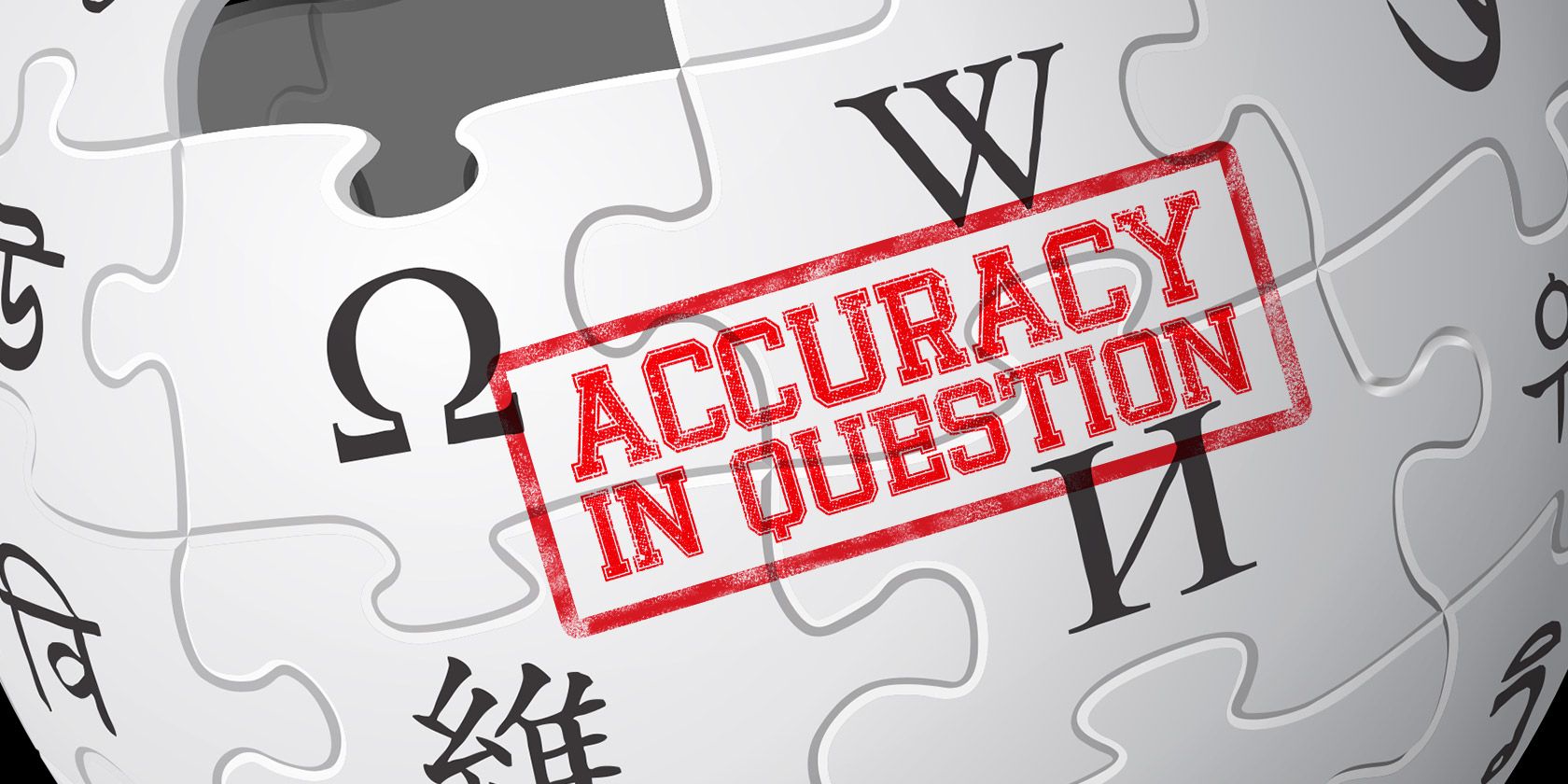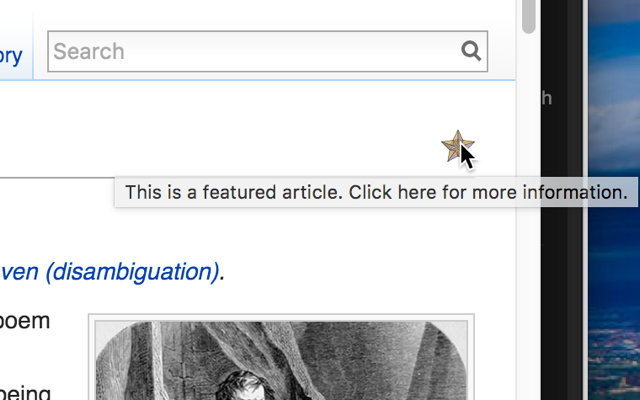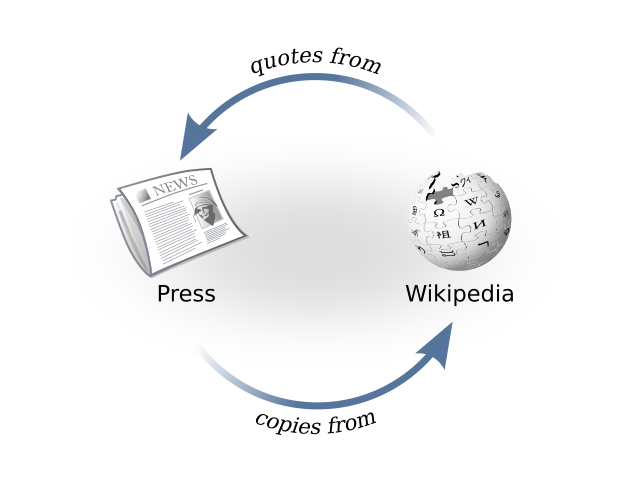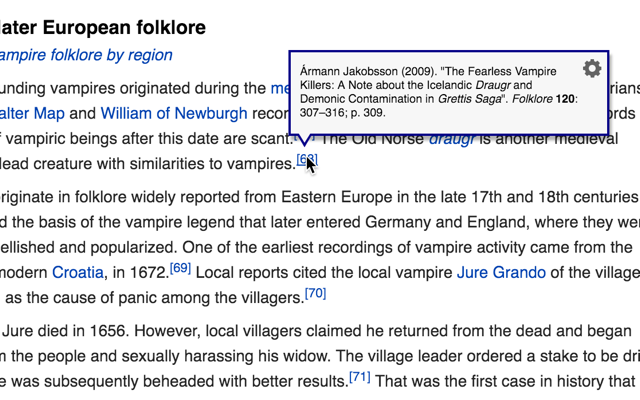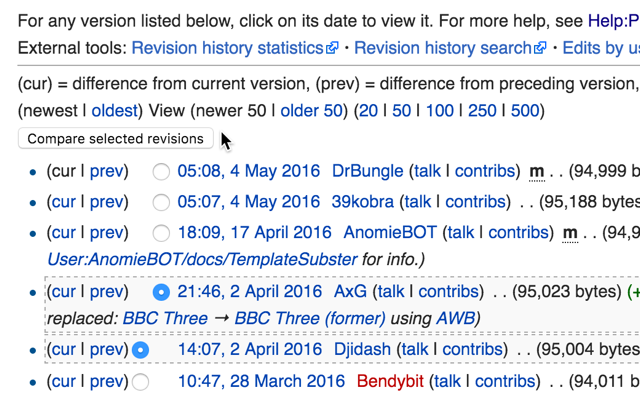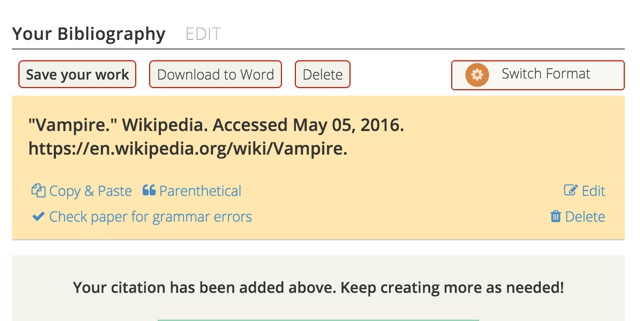"Cite your sources, and no Wikipedia." If you were in high school or college around the time that I was, you probably remember your teachers and professors saying this. But The Free Encyclopedia has grown a lot since its early days, and it has become a more credible source of information.
But just how credible? Is it reliable? Can you trust the information that you find in a particular article there? Here are some tips on how to find out.
How Reliable Is Wikipedia?
Wikipedia itself addresses this very question in a number of pages and articles on the site. For example, the academic use page states very plainly: "Wikipedia is not considered a credible source." An article about the reliability of Wikipedia also contains a number of quotes from librarians, professors, and researchers saying that Wikipedia is not a reliable source of accurate information, largely due to the fact that anyone can edit it and the editing procedures are suspect (and, in some cases, carried out by bots).
Wikipedia does note, however, that its Good articles (indicated by a green plus inside a circle to the right of the article title) and Featured articles (indicated by a star) conform to higher standards and have gone through a more robust editing process. While the site doesn't say that either of these articles should be used for academic-level research, it does stand behind the quality of both, calling Featured articles "especially trustworthy in contrast to normal or even good articles."
Many of the criticisms leveled against its reliability come from people who have very high standards of information quality and are the most invested in error-free information. They're not just people looking to learn something new.
Another interesting problem with the reliability of Wikipedia is the issue of circular reporting, wherein Wikipedia articles end up indirectly citing themselves. For example, if a news article takes a piece of information on Wikipedia as fact, a community editor may use that article as a citation for a Wikipedia article, undermining the citation system. This mostly happens unknowingly, but it's a fairly common occurrence.
Despite these criticisms, the article on the reliability of the site does include a number of researchers and professionals who recommend the site as a starting point in research. Every source of information -- especially any that aim to be as all-encompassing as Wikipedia -- is going to have a large number of errors. Even academic journal articles contain errors. That doesn't mean that the site as a whole shouldn't be used.
A German study that looked at the accuracy of Wikipedia articles about drugs against information in textbooks (which, of course, could also contain errors), found that it was 99.7%±0.2% accurate, making it extremely accurate when the standard of comparison is a textbook. Interestingly, however, they found that many of the articles were only about 83% complete compared to those same textbooks. So while Wikipedia articles contained accurate information, they were also missing some facts.
Other studies have been conducted in different fields. Here's one for history articles that found Wikipedia's accuracy rate was 80 percent compared with 95?96 percent for other sources. Another study comparing credibility judgments from experts and non-experts found that experts deemed the articles quite credible, even though they found factual errors in 10% of articles.
Here's a quote from the abstract:
[A] difference was found in the credibility of the articles — the experts found Wikipedia’s articles to be more credible than the non–experts. This suggests that the accuracy of Wikipedia is high. However, the results should not be seen as support for Wikipedia as a totally reliable resource as, according to the experts, 13 percent of the articles contain mistakes.
An overview of research, suggestions, and commonly held beliefs suggest that, in general, Wikipedia is quite accurate compared to textbooks (in the 80–90% range in many fields), even if not totally complete. Many fields are highly resistant to using it in any form of research, but for the most part, it is at least a good starting point for research and quick fact checks.
Wikipedia's most significant piece of advice is simple: "Use your judgment. Remember that all sources have to be evaluated." This is true of Wikipedia, the Encyclopedia Britannica, Encarta (remember that?), Google search results, and academic journals alike. Everything you read should be taken with a grain of salt.
How Can You Determine the Accuracy of a Wikipedia Article?
So Wikipedia is pretty accurate . . . but how can you determine if a specific article or a fact within an article is accurate?
Knowing the answer to this question will be valuable for students, many of who use Wikipedia as their first stop when researching a topic, and skeptics of the website. There are a lot of ways you can check the veracity of information you find, and we'll go over some of the best ones here.
The first thing to do is check the citations of the article. Wikipedia's guidelines say that any material that has been or is likely to be challenged, and any quote, should have a citation. If something has been cited, you'll see a superscript number above the sentence. Hover over the number or click on it and you'll see the citation.
How will you know if a citation is credible?
That's where judgment comes in. There are too many factors to list here, but a citation is more likely to be legitimate if it comes from an academic source, has statistics to back up its claim, or is a quote directly from a source. Many times you won't be able to get access to the first-hand material because it's not widely available online (as in the case of many academic journals) or it's from a book. In this case, your best bet is getting hold of that work or searching for it online.
You may also want to look at the revision history of the page. Or, track Wikipedia's changes if you're interested in a specific topic. If it looks like there have been a lot of people making edits that have been reverted, it's likely that there are some vandals out to make misrepresentations on the page. This is especially common with political and religious pages.
To see what edits someone has added to the page, you'll need to compare two of the listed versions. Select the left radio button next to one of the revisions and the right radio button next to a later revision, then click Compare selected revisions at the top of the page to see what was changed.
Again, you'll need to use your judgment. But if it looks like the page is contentious, you may want to be more suspicious of the information present there.
Finally, the best way to find out if the information on a Wikipedia page is accurate is to corroborate it with another source. Google Scholar, Microsoft Academic Search, and CiteSeerX are good places to find academic articles, and involve some skill in searching with Google, DuckDuckGo, or Bing can help you find reputable sources for a lot of information.
Can You Cite Wikipedia?
A common question from a lot of students is whether you can cite Wikipedia for an academic paper. The short answer is yes, you can . . . but you probably shouldn't. Instead, try to find the original source from where the Wikipedia contributor got their information by looking for in-article citations.
If you can find a source, it's a good idea to cite that instead, especially if it's a primary source. If there's no citation, it's time to do some more searching to try to figure out where the information came from.
Only if you absolutely can't find that information anywhere else should you consider citing Wikipedia. And read Wikipedia's page on citing Wikipedia before you do. Just be aware that your teacher or professor might not be very happy about it.
The Obligation Is Yours
No matter how seriously you choose to take what you read on Wikipedia, it will always be your responsibility to verify what you read if you're going to use it for more than personal conversation with your friends and family. You should put some time into verifying the information on Wikipedia when you're writing a school paper, blog post, online article, or anything else. Someone might be taking your words seriously,
Don't get me wrong: if you find a piece of information on the encyclopedia, there's a really good chance that it will be correct. But there's always a chance that it could be wrong, too. And if there are any stakes at all, it would be good for you to verify it.
How do you feel about Wikipedia's credibility? Do you use any of these verification methods, or do you trust everything you read there? Do your teachers or professors discourage the use of Wikipedia? Share your thoughts below!
Image Credits: Niabot via Wikimedia Commons.

